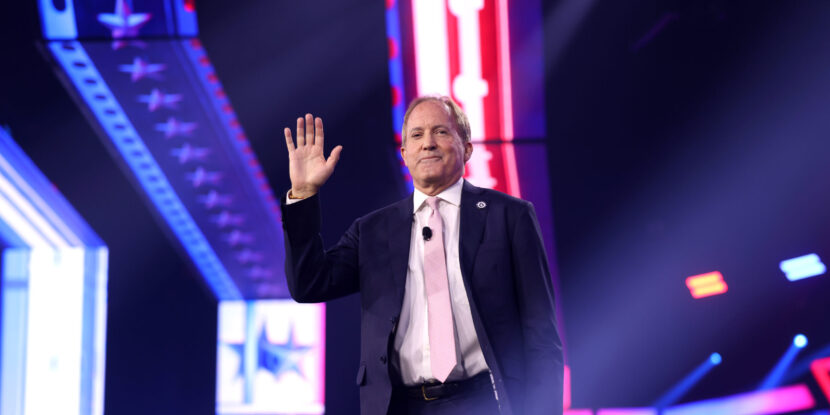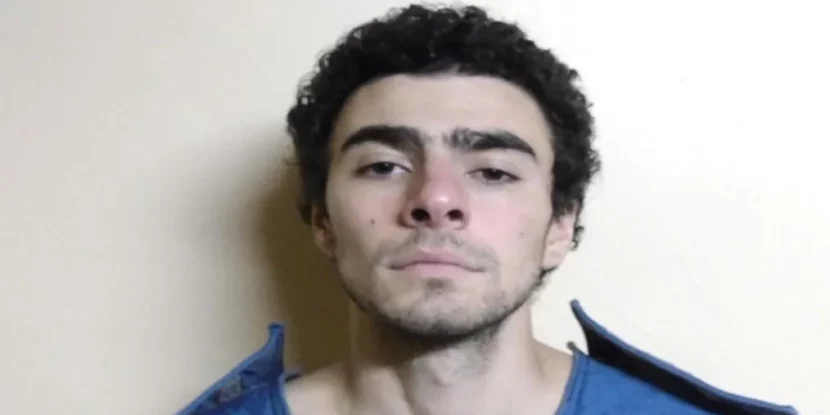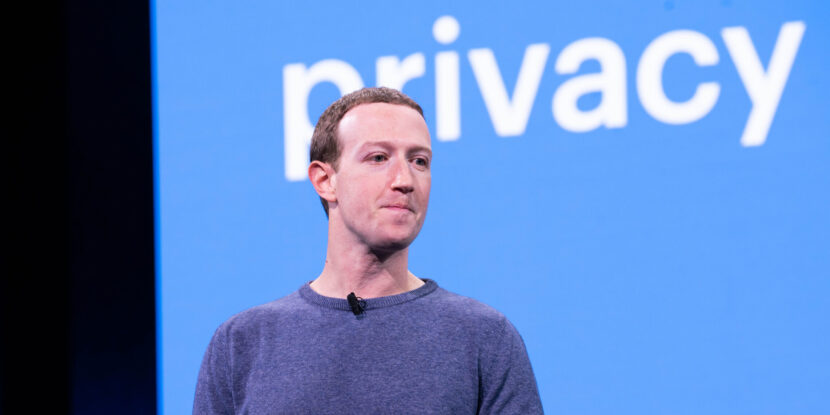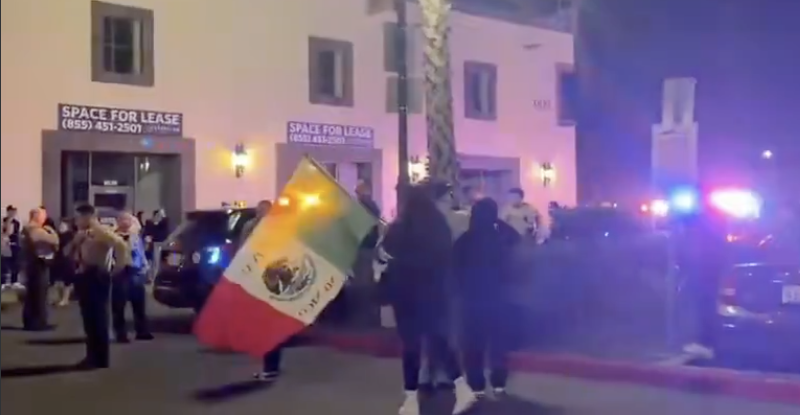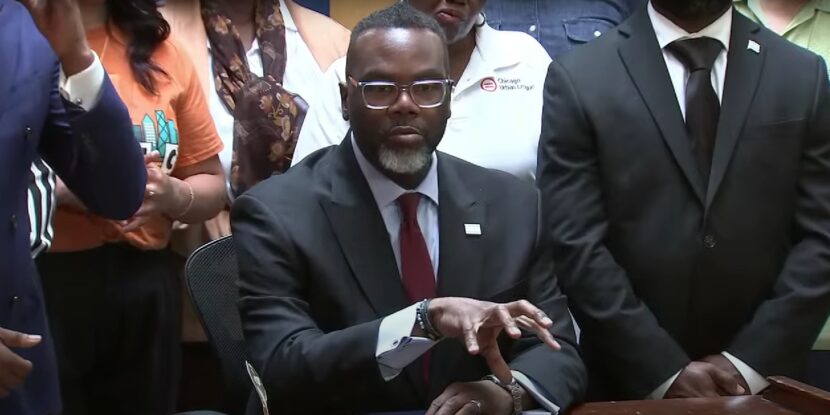❓WHAT HAPPENED: Texas Attorney General Ken Paxton (R) has launched an investigation into alleged H-1B visa fraud involving three North Texas businesses suspected of illegal activity.
👤WHO WAS INVOLVED: Attorney General Ken Paxton, three unnamed businesses, and state officials are involved in the investigation. Governors Greg Abbott (R-TX) and Ron DeSantis (R-FL) have also taken action on related policies.
📍WHEN & WHERE: The investigation, announced late Wednesday, is ongoing in Texas, with related policy moves occurring in Florida and at the federal level.
💬KEY QUOTE: “Any criminal who attempts to scam the H-1B visa program and use ‘ghost offices’ or other fraudulent ploys should be prepared to face the full force of the law.” – Attorney General Ken Paxton.
🎯IMPACT: The investigation reflects growing scrutiny on H-1B visa practices at both the state and federal levels.
Texas Attorney General Ken Paxton (R) has launched an investigation into allegations of H-1B visa fraud involving three North Texas businesses suspected of illegal activity, according to a news release from his office. The probe centers on claims that the companies improperly used the skilled-worker visa program to sponsor foreign employees through deceptive practices. As the investigation is ongoing, and charges have yet to be filed, the companies have not been publicly named.
“Any criminal who attempts to scam the H-1B visa program and use ‘ghost offices’ or other fraudulent ploys should be prepared to face the full force of the law,” Paxton said. He added that fraud within the program harms Texans by taking away jobs and opportunities, stating, “I will use every tool available to uproot and hold accountable any individual or company engaged in these fraudulent schemes.”
State officials allege the businesses under investigation may have created “sham” companies and operated “ghost offices” to fraudulently obtain H-1B approvals. In one example cited by the attorney general’s office, a company reportedly listed a single-family home as its corporate headquarters while promoting a separate, unfinished building as its worksite in public-facing materials. Civil investigative demands have been issued seeking records related to the companies’ finances, operations, employee rosters, and internal communications.
The Texas inquiry comes amid a broader crackdown on alleged visa fraud at both the state and federal levels. Governor Greg Abbott (R-TX) has ordered a freeze on new H-1B petitions submitted by Texas state agencies and public universities through May 31, 2027. Similar actions have been taken in other states, including Florida, where Governor Ron DeSantis (R-FL) directed the state university system to end H-1B hiring.
At the federal level, authorities under the Trump administration have intensified enforcement against visa abuse, launching more than 100 investigations into H-1B fraud schemes and revoking a record number of visas. Officials have also expanded efforts to revoke citizenship in cases involving immigration fraud, arguing that stricter enforcement is necessary to protect American workers and restore integrity to the system.
Join Pulse+ to comment below, and receive exclusive e-mail analyses.
